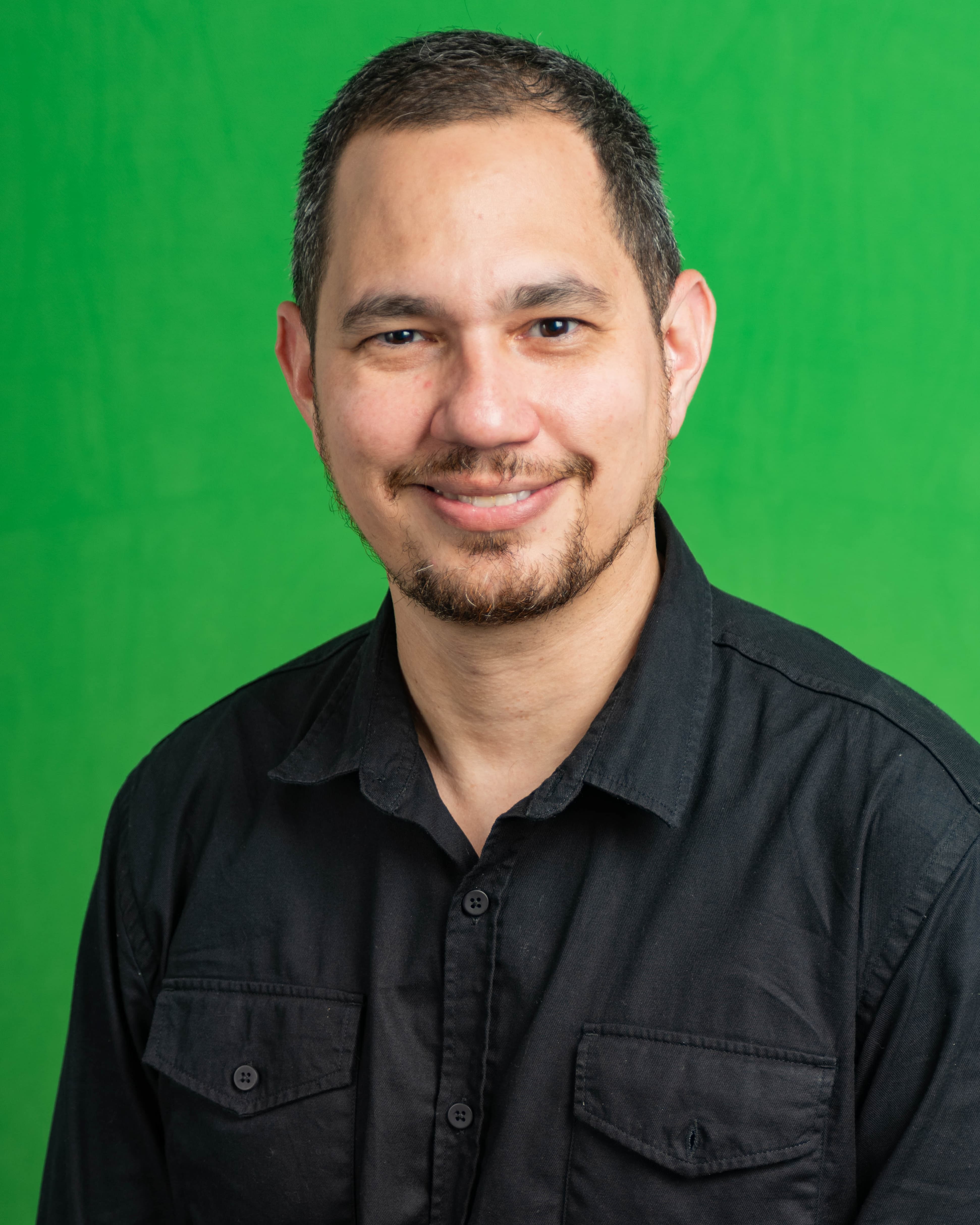First, tell us a little about yourself. 
Hello, I'm Professor Aecio Borba. My academic journey spans 15 years, during which
I've been a college professor and Universidade Federal do Pará, in Brazil, and recently
joined UNT's Department of Behavior Analysis. Originating from Fortaleza, Northeast
Brazil, I've dedicated my professional life to Belém, the largest city in the Amazon
Region in North Brazil.
Why did you choose to study behavior analysis?
I'm a trained psychologist, and through my undergraduate program, I was mostly studying
mental health treatment and organizational and social psychology. Studying these areas,
I was most excited about how Behavior Science could deliver an engaging, effective,
and honestly cool way to address those issues. Eventually, I pursued my master's and
doctoral degree at Belem with Emmanuel Tourinho, a fantastic researcher in Behavior
Analysis. During my doctoral degree, I also had the opportunity (and privilege) to
spend ten months here at UNT, supervised by Professor Emeritus Dr. Sigrid Glenn. After
working with Drs. Tourinho and Glenn, there's no way to want to "escape" behavior
analysis!
What are your main research areas, and why did you choose those specific areas?
Even as an undergraduate student, I was interested in how culture and individual behavior
are related. In my doctoral studies, I started to try to understand what the rules
are, or processes as we say, are involved in situations where the good of one person
(what we may call a selfish or impulsive behavior) is concurrent with the choices
that will produce good for the larger group, community or culture. This conflict between
contingencies, what we may call "social dilemmas" or "social traps," is the basis
of many social issues we face today, from climate change and sustainability to corruption
and even traffic problems! That pulled me to this kind of research and fueled my curiosity.
What do you enjoy most about teaching?
One of my favorite quotes is by Brazilian educator Paulo Freire, who said, 'Those
born to teach can never stop learning.' This resonates with me deeply, as I believe
that every time I engage in a class or lab discussion with my students, I leave with
a new perspective and a deeper understanding. The diversity of personal histories,
experiences, and cultures in behavior science challenges and enriches our understanding,
driving our science forward.
What do you hope your students gain from your courses?
My primary goal is to equip my students with the practical skills to understand and
change the world around them as behavior analysts. I want them to leave my classes
with a deep understanding of behavior and the ethical and effective tools to enhance
their clients', families' and communities' quality of life. More broadly, I aim to
instill in them a respect for the complexity of the world and the confidence to make
it a better place.
What did you do before pursuing a career in academia, and why did you decide to pursue
teaching instead?
I worked briefly as a psychologist, working in mental health – especially with people
with anxiety and eating disorders. But even as an undergraduate student, I was a TA
and wanted to pursue life as a teacher and researcher, and I started pursuing it as
fast as I could.
When you're not teaching, what do you enjoy doing?
As I joke about it, I'm a full-time nerd. So, if I'm not working, you'll find me watching
movies, reading speculative fiction (fantasy, sci-fi, and horror) books, playing board
or role-playing games, and writing and talking about pop culture. Actually, you might
find me talking about pop culture when I'm working, too…
Do you have any fun facts that others may not know about you?
I like to think of myself as a scientist and an artist. So, I'm also a writer and
photographer, and once in a while, I try something new. But I just can't play music—I
have no rhythm!